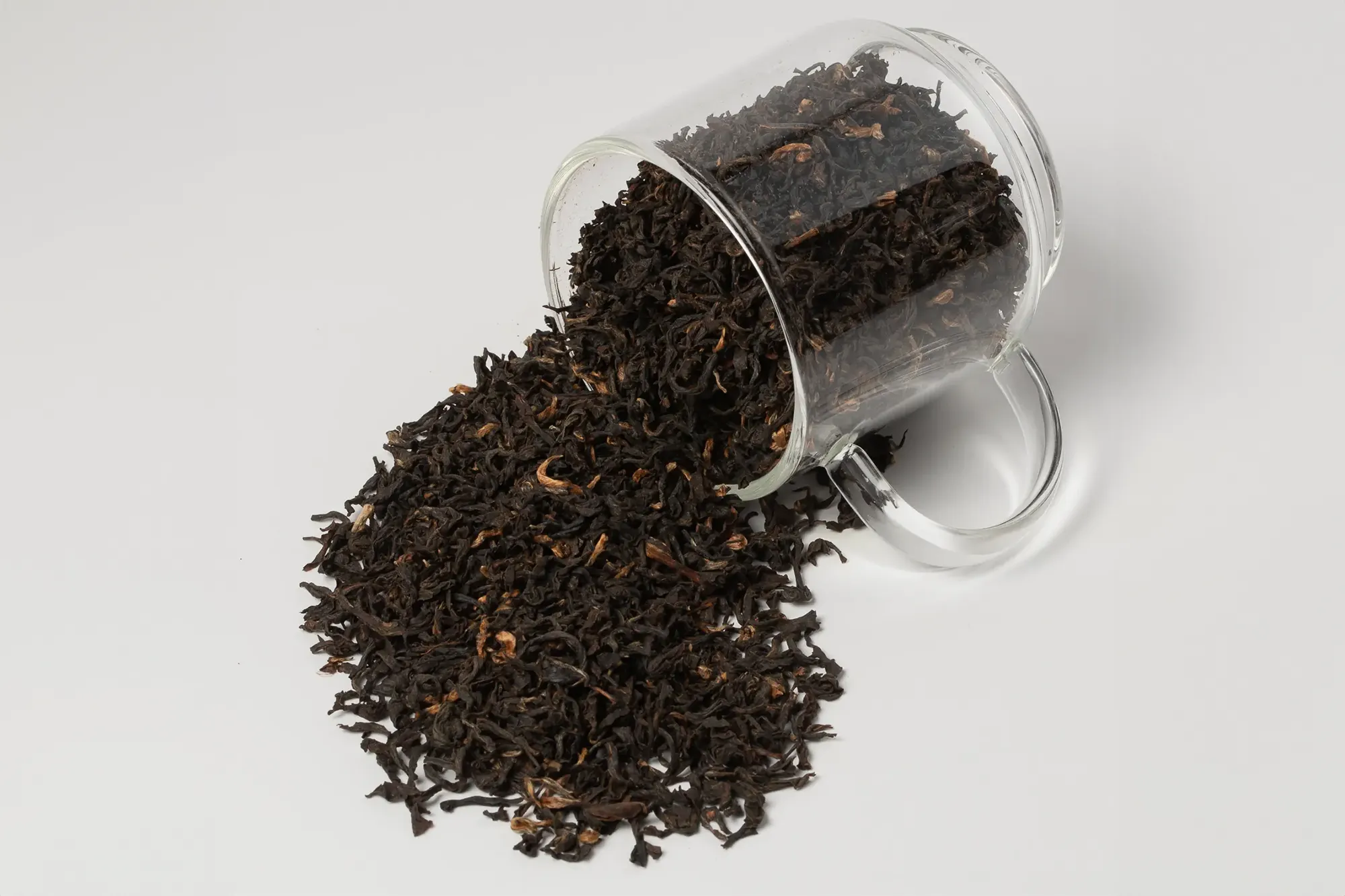7 Years of Tea and Togetherness
How Cup of Tea became more than a shop — a community space built for connection.
Cup of Tea isn’t just a business — it’s a response to loneliness.
At a time when people were drifting further apart, I wanted to create a space that reminded us what community feels like. With my twins in middle school and hammers in our hands, we built that vision together — one wall, one teacup, one story at a time.
I never expected to become a business owner, but at 49, the dream of creating a place for connection became too strong to ignore. My first calling was as a child and family therapist, and later, as a full-time mom. Both roles showed me how deeply people need connection — to be seen, heard, and welcomed. When my kids grew older and I began imagining my next chapter, I didn’t want just another job. I wanted to build something meaningful.
Around that time, I kept coming across research on loneliness — not as a passing feeling, but as a true public health crisis. Loneliness has been linked to depression, heart disease, dementia, even shortened lifespans. Its effects can be as harmful as smoking or poor diet. That realization stopped me cold. If connection is medicine, where do people go to get it?
I started thinking about what we’ve lost over the years: the “third spaces” — the in-between places that aren’t home or work, where people gather simply to be together. For generations, those spaces included coffee shops, taverns, churches, gyms, yoga studios, and community centers — each helping people feel less alone.
But the truth is, not every space works for everyone. Coffee shops have grown fast-paced and transactional. Bars can feel limiting if you’re underage, sober, or just not in the mood to drink. Gyms and studios often focus more on the body than on conversation. Even with wonderful community hubs like churches and neighborhood centers, many people still find themselves without a place where connection happens naturally.
That’s when the image of an old neighborhood tavern came to mind — not the rowdy kind, but the one where everyone knows your name and you can lean on the counter to talk with the bartender. I wanted to recreate that feeling, but without alcohol at the center. A place where the ritual isn’t raising a pint, but lifting a cup of tea.
And so, in November 2018, Cup of Tea was born.
When you walk in today, you’ll see a glowing tree at the heart of the room, casting warm light across the tables. Behind the counter is a wall of glass jars filled with teas from around the world — greens, oolongs, blacks, whites, pu-erhs, and herbals — each one an invitation to slow down and share something beautiful. Instead of bottles on a shelf, we have leaves, stories, and traditions waiting to be brewed.
Guests slide onto stools at the bar — not for a cocktail, but for a teapot. The air hums with conversation as cups are poured. Strangers lean in, neighbors reconnect, and before long, the space feels less like a shop and more like a shared living room. Alongside the tea, there are snacks, small plates, and drinks to fit every mood — from energizing blends to soothing herbals — all designed to make you stay awhile.
Of course, just a year after opening, the world changed. When Covid arrived, disconnection became its own kind of pandemic. The very reason I had created Cup of Tea — to bring people together — suddenly became more important than ever. It wasn’t easy to hold on, but that was all the more reason to keep going.
Through every challenge, I’ve been reminded that Cup of Tea isn’t just a business. It’s a lifeline — a place to gather, learn, celebrate, grieve, rest, and belong. Every time I see someone linger over a pot, make a new friend, or simply take a deeper breath, I know the vision is alive.
Cup of Tea has become more than a shop. It’s a community living room — a sober tavern — a third space where no one has to be alone unless they choose to be.
And it all starts with a cup of tea — and the people behind the counter who are genuinely curious about the lives that pass through the door. Every person carries a story. Taking the time to notice, ask, and listen is what makes this place feel different. The goal has always been simple: to connect — one cup, one conversation, one moment of being seen at a time.
Seven years later, that mission still brews strong. Cup of Tea has become what I always hoped it would be — a place where people feel they belong.


